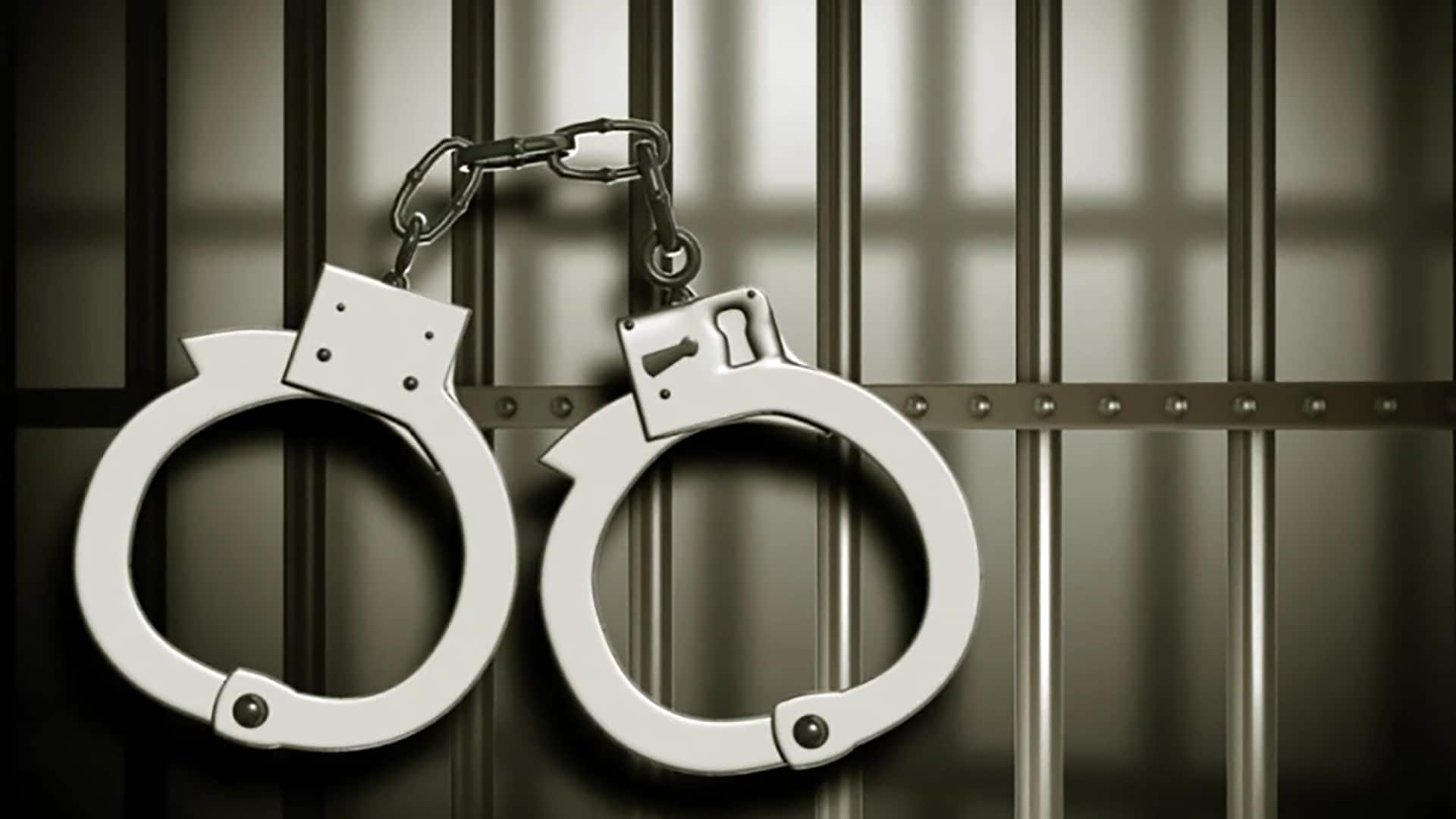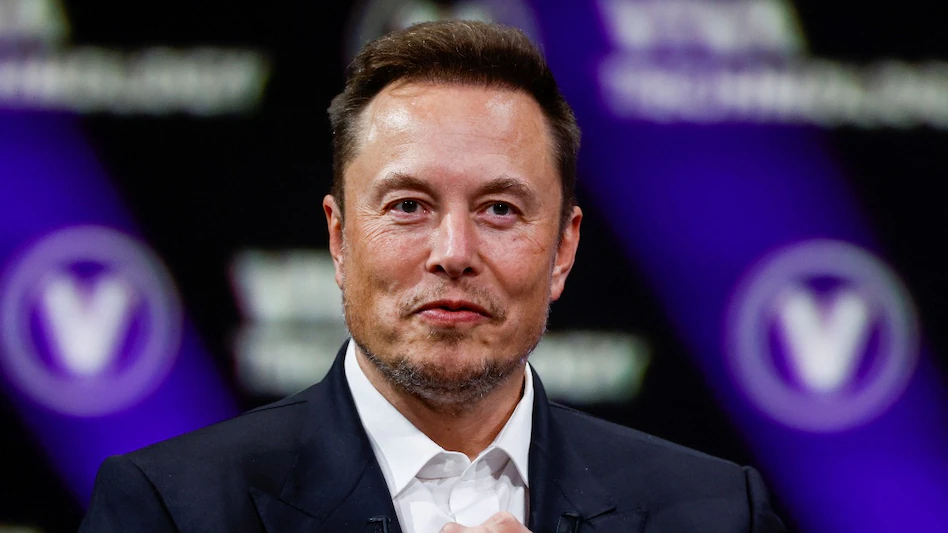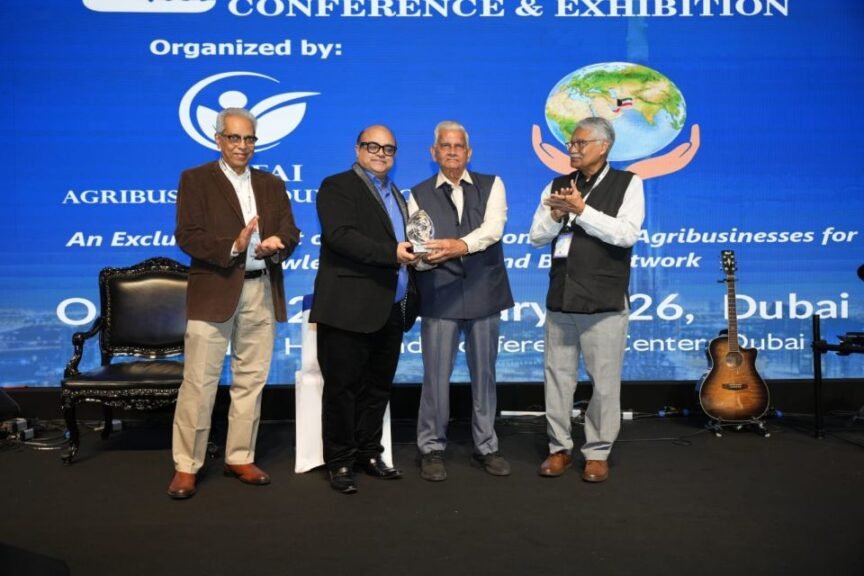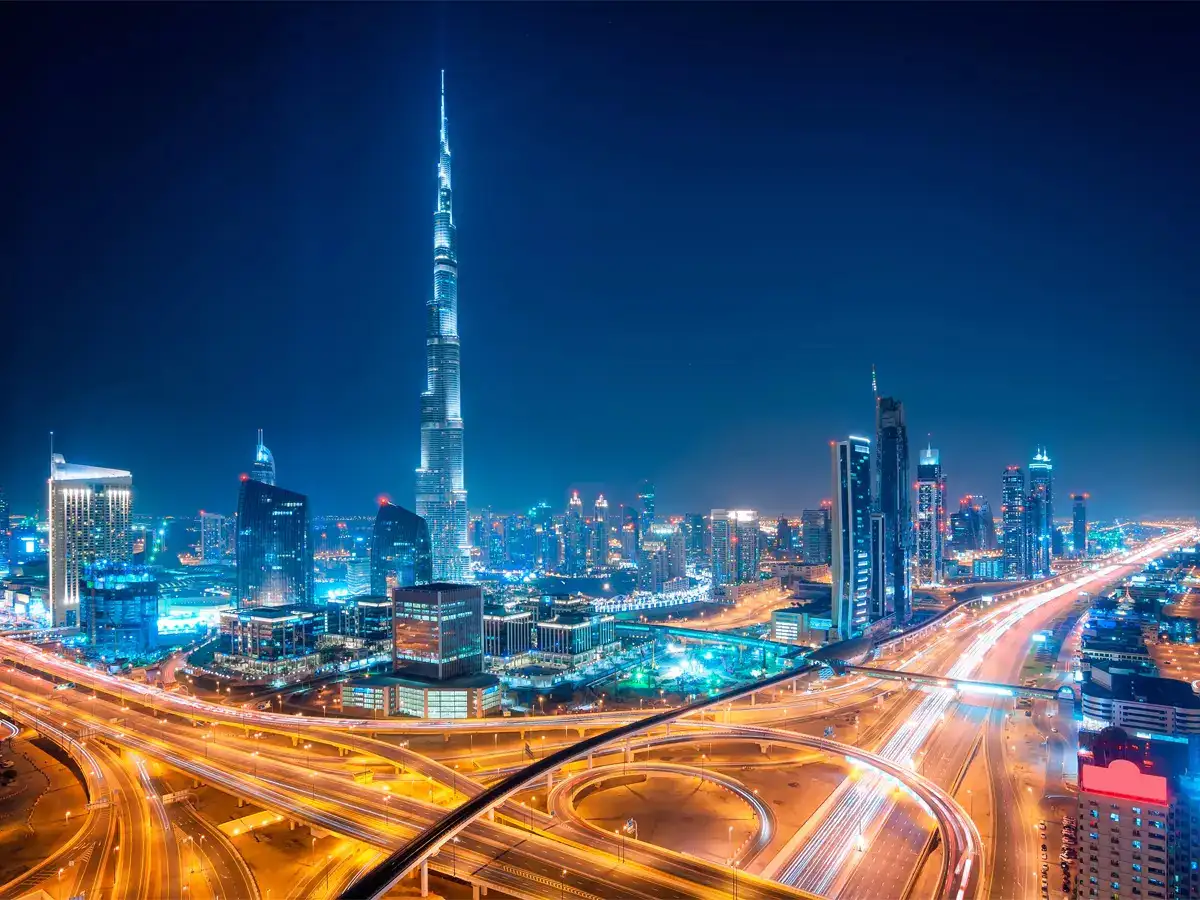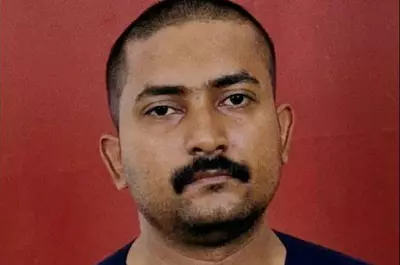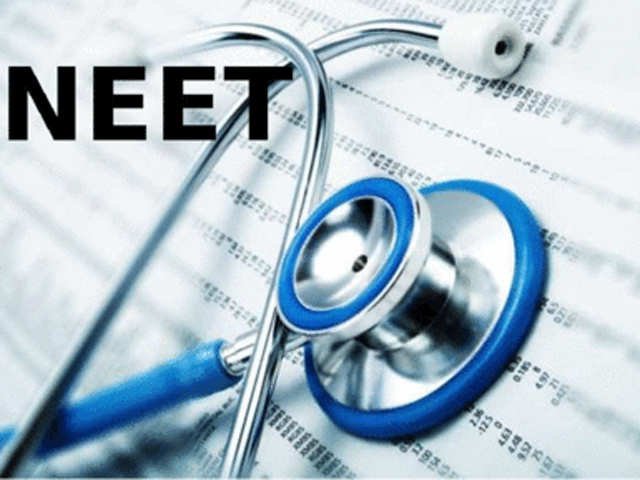Emotional message on burnout sparks debate as critics question need for photo from ICU
An Indian-origin CEO’s heartfelt post about surviving a serious health scare has ignited both support and backlash online—not for its message, but for the hospital selfie that accompanied it. The post, intended as a warning against hustle culture, has now gone viral for sparking a wider conversation on digital oversharing, reported livemint.com.
Harsh Macwann, an IIM alumnus currently based in New York, revealed on LinkedIn that he had experienced a medical emergency that left him hospitalized and under observation for five days.
Describing the terrifying ordeal—chest pressure, numbness, breathlessness—he urged professionals to listen to their bodies and reject toxic productivity norms.
“No startup, no client, no ambition is worth your life,” Macwann wrote, urging others to prioritise rest, warning that “your heart isn’t a machine.”
While the CEO’s plea to prioritise well-being resonated, a photo from the ICU turned the conversation into one of boundaries and social media ethics
However, what caught most people’s attention wasn’t the caption—it was a selfie Macwann posted from his hospital bed, complete with nasal oxygen tubing and visible monitors. While some LinkedIn users praised his openness, a Reddit thread on the popular forum LinkedIn Lunatics tore into the post.
“‘Take a pic, I’m going to post about this to help other founders’ – Heart Attack LinkedIn Survivor,” the original Reddit post sarcastically read, sparking hundreds of reactions. One user quipped, “What is the B2B lesson here?”, while another joked, “Can’t wait to have a heart attack so I can post it on LinkedIn!”
Others criticized the increasing trend of “crisis content” on professional platforms, with comments like: “People need to save themselves from themselves. DELETE THE APP!”
Despite the backlash, some netizens defended Macwann’s intent, arguing that sharing such stories—however visual—can highlight the mental and physical toll of modern work culture. But for many, the debate remains: when does authentic vulnerability cross into oversharing?


